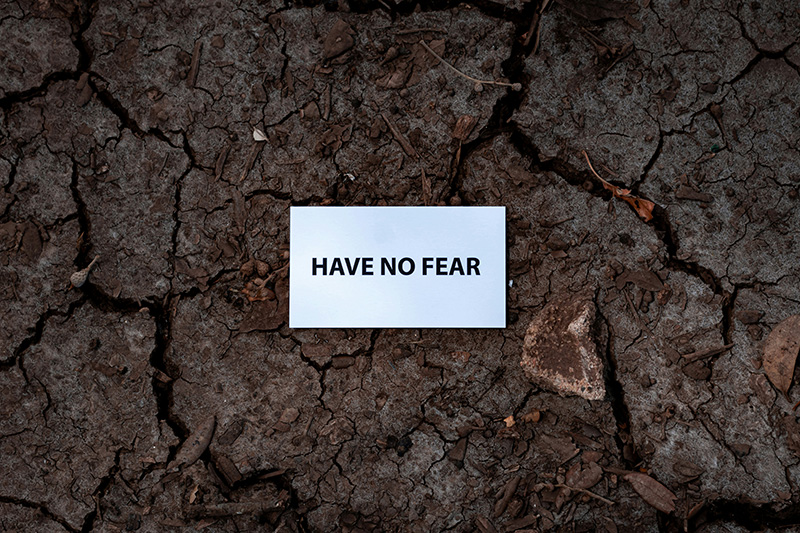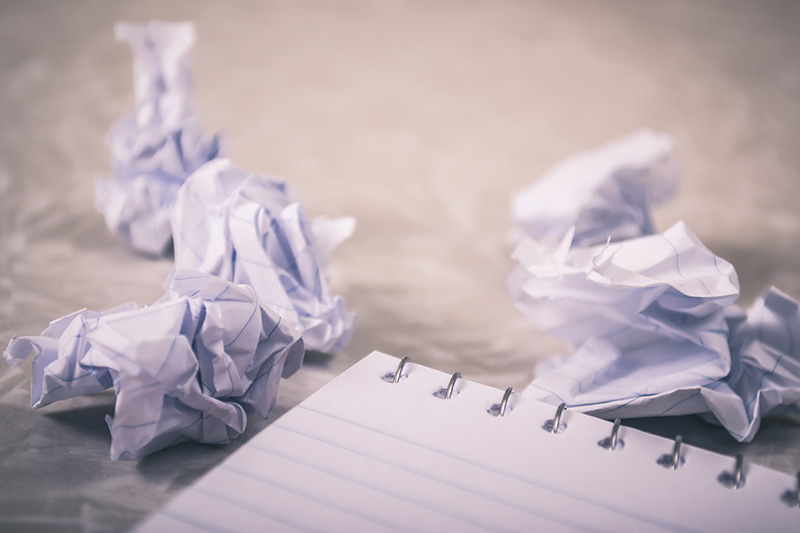
Learning to write by reading is an indispensable tool for fortifying your ability to write, but it doesn't necessarily help when you have to face a blank page — that scary blank page! — and you don't know where to begin. The best advice I've come across to address this problem is to practice freewriting, which entails writing down whatever comes to mind without editing, without crossing out, without deleting, without necessarily understanding what it is you're writing about.
It sounds so obvious, but it's something that doesn't come naturally. The inner critic doesn't want to see badly expressed ideas, maybe even something that seems like a wisp of an idea or no idea, and the urge is to get rid of it as quickly as possible. In freewriting, you don't get rid of it, and you don't worry about it. You just write. You tolerate what you're writing. You meander, you digress, you make mistakes of grammar, you choose the wrong adjective (or at least the adjective that doesn't fit as perfectly as you wanted it to). But you leave it all. You let it stay on the page.
After you've done this, you can see what is on the page and assess it. You can add, subtract, embellish, follow what at first seemed like a digression but, on second consideration, actually gets closer to what was on your mind than whatever you originally thought you were writing about. Let a little time go by, and when you look back at this piece of freewriting, things you thought were horrible might well look a little different. Through your freewriting, you might discover that your subconscious has delivered the seeds of a bigger or more inspiring idea — something you really want to think about more, amplify, rescue, refine.
Turn off your spell checker while you're freewriting. It's a distraction and you don't need it. You don't need anything for freewriting other than a willingness to put words on the page.
Freewriting is considered a “pre-writing technique,” as opposed to stream of consciousness, which is a deliberately forged style intended to show the inner thoughts of the narrator or character. James Joyce was a major pioneer in the use of stream of consciousness.
For more on the freewriting technique and other insights into the writing process, get a copy of Writing with Power: Techniques for Mastering the Writing Process by Peter Elbow. In addition to freewriting, Elbow discusses many other aspects of writing. He is a wonderful teacher throughout.
- Invaluable Lessons I Learned About Editing From “Turn Every Page" - January 3, 2024
- The Benefits — and Fun — of Freewriting - February 20, 2023
- Writerly Reassurance From a Few Who Have Been There - March 24, 2020



